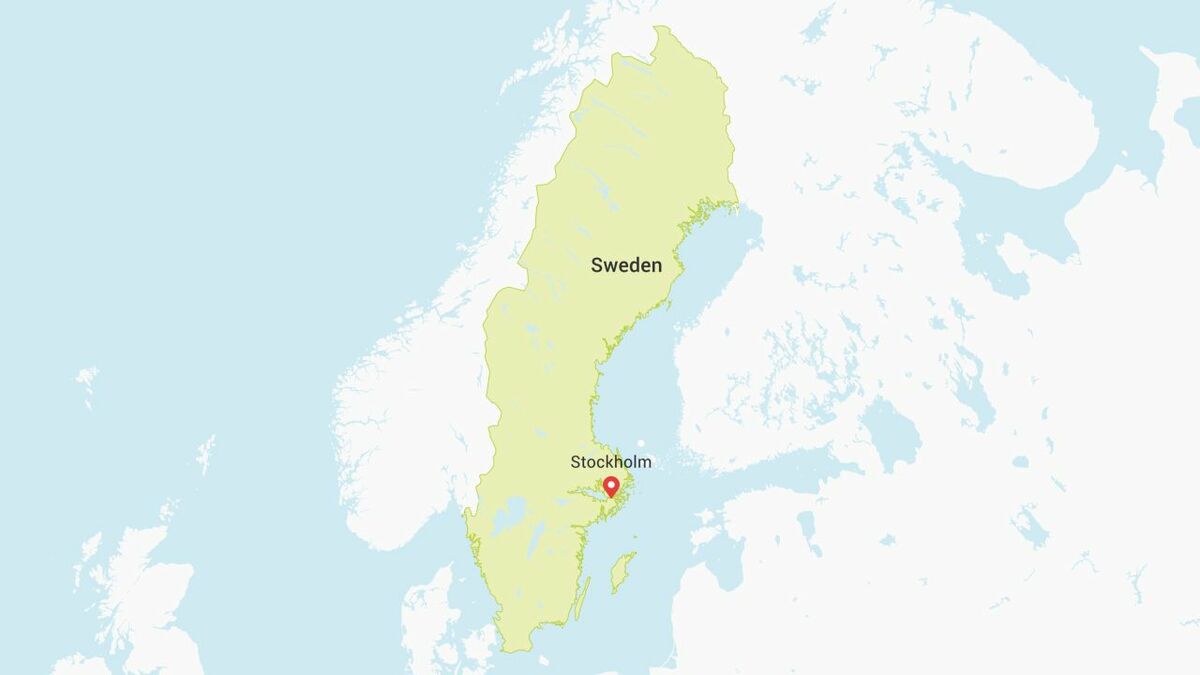“Scrubbers account for disproportionately large emissions of hazardous and acidifying substances into the marine environment,” study author says
Swedish government agencies have proposed a ban on the use of the shipping industry’s most common type of exhaust gas cleaning systems, known as ’open-loop scrubbers’, in the country’s internal Baltic Sea waters.
The Swedish Transport Agency and the Swedish Agency for Marine and Water Management advocated for the open-loop scrubber ban based on data from a scientific study on pollution in the Baltic Sea.
Data analysed in the study showed open-loop scrubbers discharging what study author Dr Ida-Maja Hassellöv called “disproportionately large emissions of hazardous and acidifying substances into the marine environment”.
The data used in the study, from 2018, reflects pollution levels during a time period when the number of vessels using open-loop scrubbers was relatively low, with three to four times more ships in the region now using open-loop scrubbers.
“At that time there were approximately 180 ships with scrubbers in the Baltic Sea. Since then, these ships have increased significantly and, in 2021, there were almost 600 ships equipped with scrubbers in the Baltic Sea,” the study’s lead author Dr Erik Ytreberg said.
With scrubber installations still underway, albeit at a slowing rate, the study found that pre-sulphur cap levels of open-loop scrubber use discharged more than 200 million cubic meters (M m3) of “environmentally hazardous” scrubber water from ships into the Baltic Sea in a single year.
Published in the journal Marine Pollution Bulletin, the researchers from Chalmers University of Technology in Gothenburg, Sweden, along with scientists from the Swedish Environmental Research Institute and the Finnish Meteorological Institute analysed direct discharges of bilge water, scrubber wash water, greywater, and sewage from maritime vessels.
The researchers compared the levels of both metals and polycyclic aromatic hydrocarbons (PAHs) coming from the maritime discharges against other sources. PAHs are known carcinogens (cancer-causing substances) that do not easily degrade and can be spread widely in the environment before they do break down.
“The study showed that scrubber wash water accounts for up to 9% of the emissions of certain cancer-causing polycyclic aromatic hydrocarbons and the input was almost exclusively (≥98 %) derived from scrubbers operating in open-loop mode,” a Chalmers University of Technology summary of the report said.
Chalmers researchers said they welcome the proposal for a scrubber ban within Sweden’s internal Baltic waters but outlined their desire for more extensive regulation on the use of open-loop scrubbers in the future.
“The proposal that Sweden should ban the discharge of wash water into Swedish inland waters is good, but at the same time it means that only 1-2% of the discharges that occur from scrubbers in the Baltic Sea today will be regulated. Sweden could also propose a ban in our territorial waters, which would mean that roughly 15-17% of emissions to the Baltic Sea could be regulated. But the biggest effect would obviously come from an international ban, where all the countries around the Baltic Sea agree on a joint regulation of the discharge of scrubber water,” Dr Ytreberg said.
Open-loop scrubbers, the most commonly used exhaust gas treatment system, discharge emissions residue into the sea. Closed-loop scrubbers collect exhaust residues and store the mixture on board for later discharge.
The European Union and others have submitted their concerns about the environmental impacts of open-loop scrubber systems’ wash water discharge to IMO’s Marine Environment Protection Committee (MEPC) for consideration. In May 2019, IMO’s MEPC backed an EU proposal to “evaluate and harmonise the development of rules and guidance on the discharge of liquid effluents from exhaust gas cleaning systems, including conditions and areas”.
The committee agreed that the proposal will be developed further in IMO’s pollution prevention and response technical subcommittee. There is an industry-backed dispute of claims that scrubber wash water poses a threat to marine ecosystems, with industry trade bodies and exhaust gas cleaning manufacturers commissioning studies to show that discharge from open-loop scrubbers does not pose a threat of environmental damage or harm to living creatures and are an accepted means of compliance with IMO’s global sulphur limits.
Nearly 40 countries have some form of ban on open-loop scrubbers operating or discharging in their ports or territorial waters, according to the most updated list from North P&I Club’s website.






